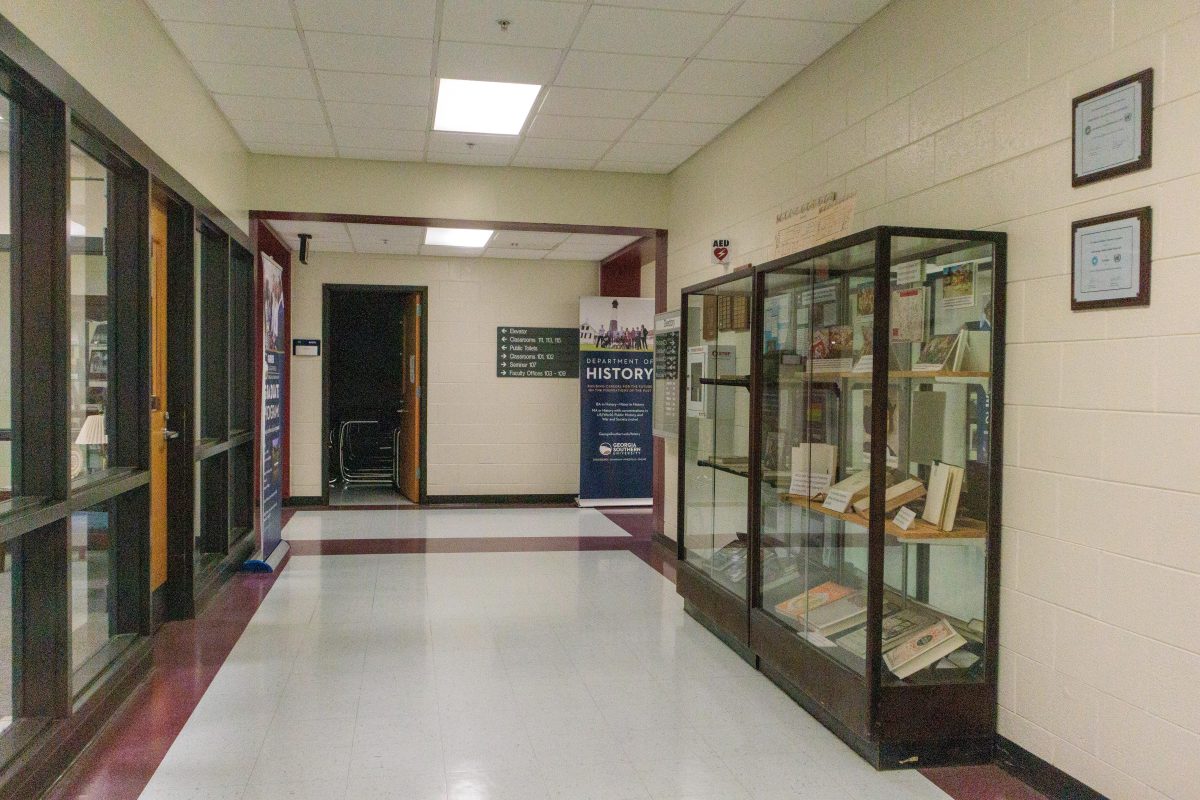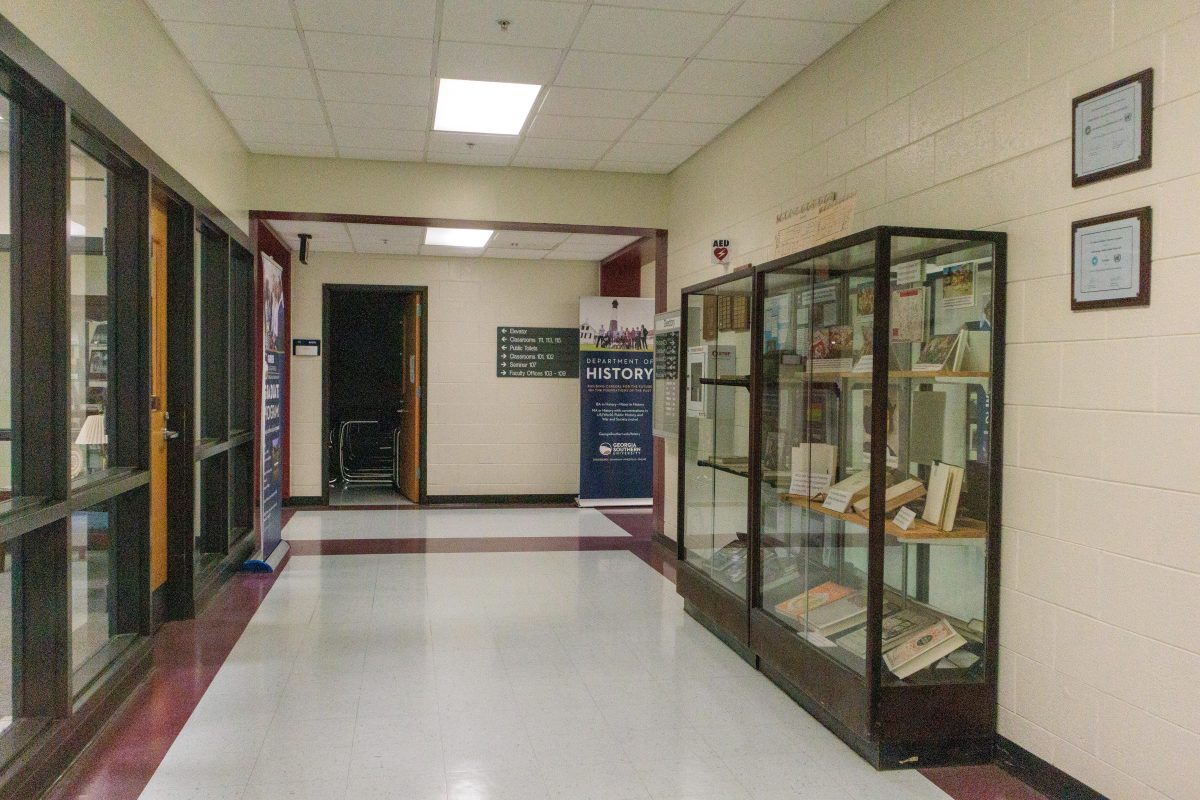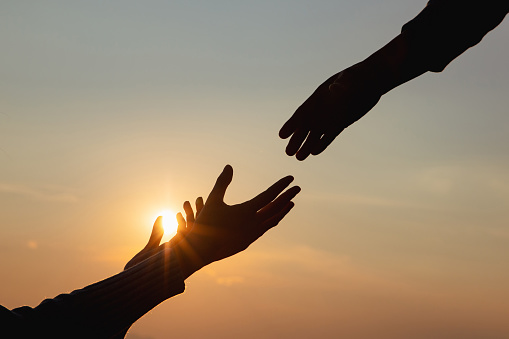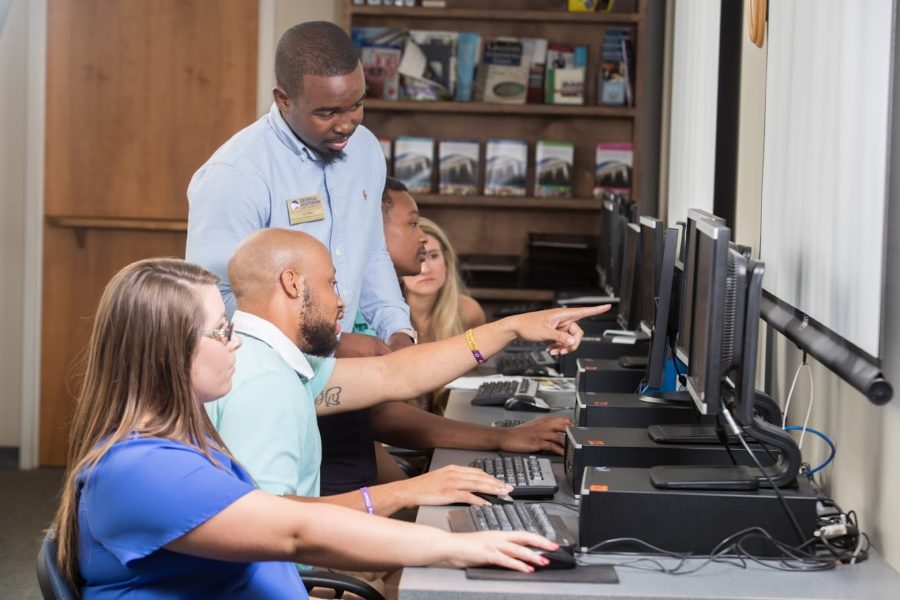Madison Watkins, Editor-in-Chief
It was an early screening night for the Star Wars film “Rogue One.” I arrived to join my dad and brother just as the previews were winding down. After the film started, that night became one of the best experiences in a movie theater that I ever had.
I loved laughing along with the crowd at the droid K2-SO’s sassy comments, clapping when Darth Vader came on screen again, talking amongst ourselves in confusion when Grand Moff Tarkin turned around and had a CGI face and barely being able to stay in our seats when Darth Vader returned to unleash his power on some unfortunate rebel soldiers in a dark hallway.
Going to see a movie in the theater is an important event that everyone should enjoy. Seeing a movie is, I believe, a crucial part of the human experience.
Even though films have only been around for general consumption since the 1920s, they have become a crucial aspect of American culture. America wouldn’t be America without movies.
Throughout the 20th century, audiences would flock to theaters to see famous films like “The Wizard of Oz,” “Jaws,” “Lawrence of Arabia” and “The Matrix” and enrich themselves in the experience.
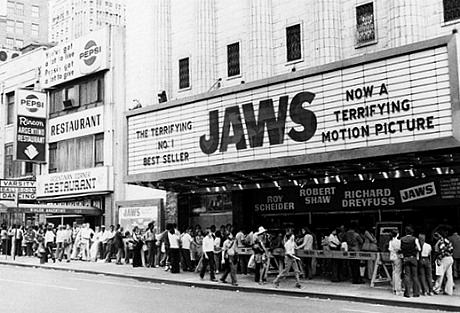
Unfortunately, movie theaters have been dying out recently because of the mass advances of technology that have been made since the beginning of the 21st century.
At the end of last year, three of the five movie theaters in Savannah closed, due to bankruptcy and poor theater upkeep and customer service. These theaters also likely couldn’t compete with the upgraded theaters in Pooler that have reclining seats and a variety of food and beverage options.
Many people don’t see the point in going to a messy theater and dealing with loud audience members when they can just watch the films for a cheaper price on DVD or on Netflix.
For those who want to see a movie but don’t want to go to the theater, they’ll just lookup bootleg movie sites and watch the films on their computer or TV.
While the drawbacks to theaters are understandable, the movie theater-going experience needs to be preserved.
The most basic reasoning behind this is that movies provide an escape and it’s no secret that more and more people are looking for that these days.
While the escapism aspect is important, it’s more about preserving the film medium as a whole. Film just wouldn’t be the same if they all premiered through streaming services or TV.
Yes, it is nice to watch a film from the comfort of your own home but unless you have a home theater, televisions simply can’t compare to watching films for the first time on the big screen.
Personally, the hundreds of times I’ve gone to see a movie in my life I can only think of two or three instances where the audience has been disruptive. 95% of the time the crowd reactions make the experience so much better.
The crowd reactions I heard while seeing the Star Wars films “The Force Awakens” and “Rogue One” for the first time made the movies even better than they were already. I’ll never forget the anticipation and then the erupting applause when the opening crawl for “The Force Awakens” started.
These experiences were improved by the production quality, cinematography, costumes, sound design, musical score, all of the technical aspects that make films work.
No matter how advanced technology becomes, nothing will ever be able to replace the movie theater-going experience of leaving your house, going to a darkened auditorium, and having a good time for about two hours with other people you may not know.
I believe an experience like this is important to understand what it is to be human.
Experiencing the moments of clapping together when Captain America comes out of the shadows in “Avengers: Infinity War,” laughing at Ron Burgundy’s strange catchphrases in “Anchorman,” seeing the screen open up when Queen takes the stage for the Live Aid concert and you feel as if you’re right on stage with them in “Bohemian Rhapsody” or crying with your mother as you see Hector sing “Remember Me” to his daughter in “Coco” are what make going to the movie theater worth it.





